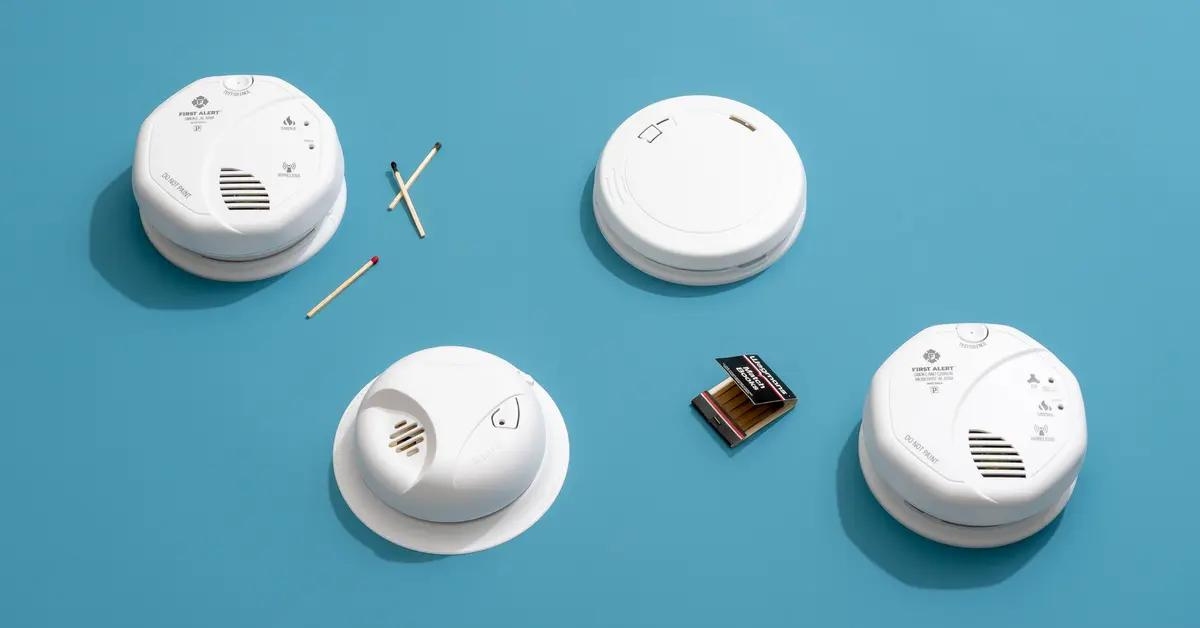

Articles
Which Type Of Smoke Detector Is Best?
Modified: February 24, 2024
Discover which type of smoke detector is best for your home in this informative article. Learn about the different options and their advantages.
(Many of the links in this article redirect to a specific reviewed product. Your purchase of these products through affiliate links helps to generate commission for Storables.com, at no extra cost. Learn more)
Introduction
When it comes to ensuring the safety of our homes and loved ones, smoke detectors play a vital role. These devices are designed to detect the presence of smoke in the air and emit a loud alarm, alerting occupants to potential fires. However, with so many different types of smoke detectors available on the market, it can be challenging to determine which one is best suited for your needs.
In this article, we will explore the different types of smoke detectors and their respective features. By understanding the differences between these options, you can make an informed decision that will provide the best protection for your home.
Before diving into the specifics of each type of smoke detector, it is important to note that no single detector is perfect or universally superior. Each type has its strengths and weaknesses, and the best choice ultimately depends on your specific circumstances and preferences.
It is also worth noting that while smoke detectors are a critical safety measure, they should never replace other precautions such as having a fire extinguisher and a well-rehearsed evacuation plan in place.
So, without further ado, let’s explore the different types of smoke detectors and their unique characteristics.
Key Takeaways:
- Choose a combination of ionization and photoelectric smoke detectors for comprehensive fire detection, covering both fast-flaming and slow-smoldering fires, and minimizing false alarms.
- Consider factors such as detection mechanism, sensitivity, power source, interconnectivity, alarm sound, maintenance, and certification when selecting the best smoke detector for your home.
Read more: Which Smoke Detector Is Best?
Ionization Smoke Detectors
Ionization smoke detectors are one of the most common types of smoke detectors found in homes today. They operate using a small amount of radioactive material, typically Americium-241, which ionizes the air inside the detector. When smoke particles enter the ionization chamber, they disrupt the electrical current, triggering the alarm.
One of the main advantages of ionization smoke detectors is their ability to quickly detect fast-flaming fires, which tend to generate smaller smoke particles. These detectors are highly sensitive to these types of fires and can often provide an early warning, allowing occupants to evacuate the premises before the fire spreads.
However, ionization smoke detectors have some drawbacks. One significant concern is their tendency to be more prone to false alarms. They can be triggered by steam, cooking smoke, or high levels of humidity, leading to unnecessary disturbances. Additionally, ionization smoke detectors are less effective at detecting slow smoldering fires, which produce larger smoke particles.
It is worth noting that ionization smoke detectors are typically more affordable than other types, making them a popular choice for budget-conscious homeowners. However, it is essential to weigh the cost savings against potential compromises in fire detection capabilities when considering the use of ionization smoke detectors in your home.
Overall, ionization smoke detectors are best suited for areas where fast-flaming fires are more likely to occur, such as kitchens or living rooms. However, it is recommended to pair them with other types of smoke detectors to ensure comprehensive coverage throughout your home.
Photoelectric Smoke Detectors
Photoelectric smoke detectors differ from ionization detectors in their detection mechanism. Instead of relying on radioactive materials, photoelectric detectors use a light source and a sensor to detect smoke in the air. The detector works by emitting a beam of light and measuring the amount of light scattered by smoke particles. If the light beam is disrupted, indicating the presence of smoke, the alarm is triggered.
One of the main advantages of photoelectric smoke detectors is their effectiveness in detecting slow, smoldering fires. These fires typically produce larger smoke particles that can be more easily detected by the photoelectric sensor. This makes photoelectric detectors particularly valuable in bedrooms, hallways, and other areas where slow-burning fires may occur.
Additionally, photoelectric smoke detectors are generally less prone to false alarms caused by cooking smoke or steam. Their design reduces the likelihood of these common triggers, providing a more accurate and reliable detection system.
However, photoelectric smoke detectors may be slightly slower at detecting fast-flaming fires compared to ionization detectors. This is because it takes time for enough smoke to accumulate and disrupt the light beam. Despite this slight delay, photoelectric detectors still provide sufficient early warning for occupants to safely evacuate in case of a fire.
It is worth noting that photoelectric smoke detectors are generally more expensive than ionization detectors. However, the enhanced detection capabilities and reduced likelihood of false alarms make them a worthwhile investment for many homeowners.
For optimal fire detection coverage, it is recommended to install photoelectric smoke detectors in areas where slow-burning fires are more likely to occur, such as bedrooms, living rooms, and basements. Pairing them with ionization smoke detectors in kitchens or other areas prone to fast-flaming fires will provide comprehensive protection throughout your home.
Dual-Sensor Smoke Detectors
Dual-sensor smoke detectors, as the name suggests, combine the technology of both ionization and photoelectric detectors into one device. By integrating both detection mechanisms, these detectors aim to provide a comprehensive and balanced approach to fire detection.
The advantage of dual-sensor smoke detectors is their ability to detect a wide range of fires, including both fast-flaming and slow-burning fires. The ionization component provides quick response to fast-flaming fires, while the photoelectric component ensures effective detection of smoldering fires. This combination increases the overall accuracy and reliability of the detector, reducing the chance of false alarms and providing occupants with early warning in the event of a fire.
Dual-sensor detectors are an excellent choice for homeowners who value peace of mind and want an all-encompassing fire detection solution. They are particularly suitable for areas where a variety of fire types may occur, such as living rooms, bedrooms, and kitchens.
However, it is worth noting that dual-sensor smoke detectors may be slightly more expensive than single-sensor detectors. The added complexity and advanced technology contribute to the higher cost. Nonetheless, the enhanced detection capabilities and reduced risk of false alarms make them a worthwhile investment for many.
When choosing a dual-sensor smoke detector, it is essential to look for models that have both sensors working independently. This ensures that the detection capabilities of each sensor are fully utilized and that the detector can accurately identify the type of fire present.
Overall, dual-sensor smoke detectors offer the best of both worlds, combining the strengths of ionization and photoelectric detection mechanisms. By installing these detectors throughout your home, you can have confidence in the effectiveness and reliability of your fire detection system.
Ionization vs Photoelectric: Pros and Cons
When considering which type of smoke detector is best for your home, it is essential to weigh the pros and cons of ionization and photoelectric detectors. Each type has its unique advantages and drawbacks, making it crucial to understand their differences.
Ionization Smoke Detectors
- Pros:
- Quick response to fast-flaming fires
- Affordability
- Widely available and commonly used
- Cons:
- More prone to false alarms caused by steam or cooking smoke
- Less effective at detecting slow, smoldering fires
- Contains radioactive materials
Photoelectric Smoke Detectors
- Pros:
- Effective detection of slow, smoldering fires
- Less prone to false alarms caused by cooking smoke or steam
- Improved accuracy and reliability
- Cons:
- Slightly slower at detecting fast-flaming fires
- Higher cost compared to ionization detectors
It is important to note that while ionization smoke detectors respond quickly to fast-flaming fires, they may provide a shorter warning time for occupants as these fires tend to spread rapidly. On the other hand, photoelectric smoke detectors excel at detecting slow, smoldering fires, which may take longer to develop but can still be extremely hazardous.
Considering these pros and cons, it is recommended to install a combination of both ionization and photoelectric smoke detectors in your home. This provides a comprehensive fire detection solution that covers a wide range of fire types and minimizes the chance of missing any potential dangers.
Ultimately, the best choice of smoke detector depends on your specific needs and preferences. Assess the risk factors in your home, such as the presence of open flames or the likelihood of smoldering fires, and choose the detectors that provide the highest level of protection for your household.
Factors to Consider When Choosing a Smoke Detector
When selecting a smoke detector for your home, it is important to consider several factors to ensure that you choose the best option for your specific needs. Here are some key factors to consider:
1. Detection Mechanism:
Decide whether you prefer an ionization, photoelectric, or dual-sensor smoke detector. Consider the types of fires that are more likely to occur in your home and choose a detector that offers the appropriate detection mechanism for those fire types.
2. Sensitivity:
Check the sensitivity level of the smoke detector. Some models allow you to adjust the sensitivity, which can be helpful in reducing false alarms without compromising safety.
3. Power Source:
Determine whether you prefer a battery-powered or hardwired smoke detector. Battery-powered detectors are usually easy to install and maintain, while hardwired detectors may require professional installation but provide a continuous power source without the need for battery changes.
4. Interconnectivity:
Consider whether you want your smoke detectors to be interconnected. Interconnected detectors can communicate with each other, so when one detects smoke, all of them will sound the alarm, providing quicker and more widespread notification.
5. Alarm Sound:
Listen to the alarm sound of the smoke detector to ensure that it is loud enough to wake you up from sleep or alert you when you are in another part of the house. Look for a smoke detector with a distinct and attention-grabbing alarm sound.
6. Maintenance:
Check whether the smoke detector requires regular maintenance, such as battery replacements or periodic testing. Ensure that you are comfortable with the maintenance requirements and can easily perform the necessary tasks to keep the detector in optimal working condition.
7. Certification:
Look for smoke detectors that are certified and compliant with industry standards and regulations. Common certifications include UL (Underwriters Laboratories) and EN (European Norm) certifications. These certifications ensure that the detector meets specific safety and quality standards.
By carefully considering these factors, you can select a smoke detector that meets your safety needs, provides reliable performance, and gives you peace of mind knowing that you have taken the necessary steps to protect your home and loved ones.
Conclusion
Choosing the best smoke detector for your home is an important decision that can significantly enhance the safety of your family and property. Understanding the different types of smoke detectors and their respective features is crucial in making an informed choice.
Ionization smoke detectors are highly effective at detecting fast-flaming fires, whereas photoelectric smoke detectors excel at detecting slow, smoldering fires. Dual-sensor smoke detectors combine the strengths of both types, offering comprehensive fire detection capabilities.
When selecting a smoke detector, it is essential to consider factors such as detection mechanism, sensitivity, power source, interconnectivity, alarm sound, maintenance requirements, and certification. By carefully evaluating these aspects, you can choose a smoke detector that suits your specific needs and preferences.
Remember that no smoke detector is perfect, and it is recommended to install a combination of ionization and photoelectric smoke detectors throughout your home. This provides comprehensive coverage and minimizes the chance of missing any potential fire hazards.
In addition to smoke detectors, it is crucial to incorporate other fire safety measures, such as having a fire extinguisher and a well-rehearsed evacuation plan in place. Regularly testing and maintaining your smoke detectors is also essential to ensure their continued functionality.
By taking these precautions, you can rest assured knowing that you have implemented a robust fire detection system that increases the chances of early warning and helps protect your loved ones and property from the devastating consequences of fires.
Investing in the right smoke detectors may seem like a small step, but it can make a significant difference in safeguarding your home and providing peace of mind for years to come.
Frequently Asked Questions about Which Type Of Smoke Detector Is Best?
Was this page helpful?
At Storables.com, we guarantee accurate and reliable information. Our content, validated by Expert Board Contributors, is crafted following stringent Editorial Policies. We're committed to providing you with well-researched, expert-backed insights for all your informational needs.
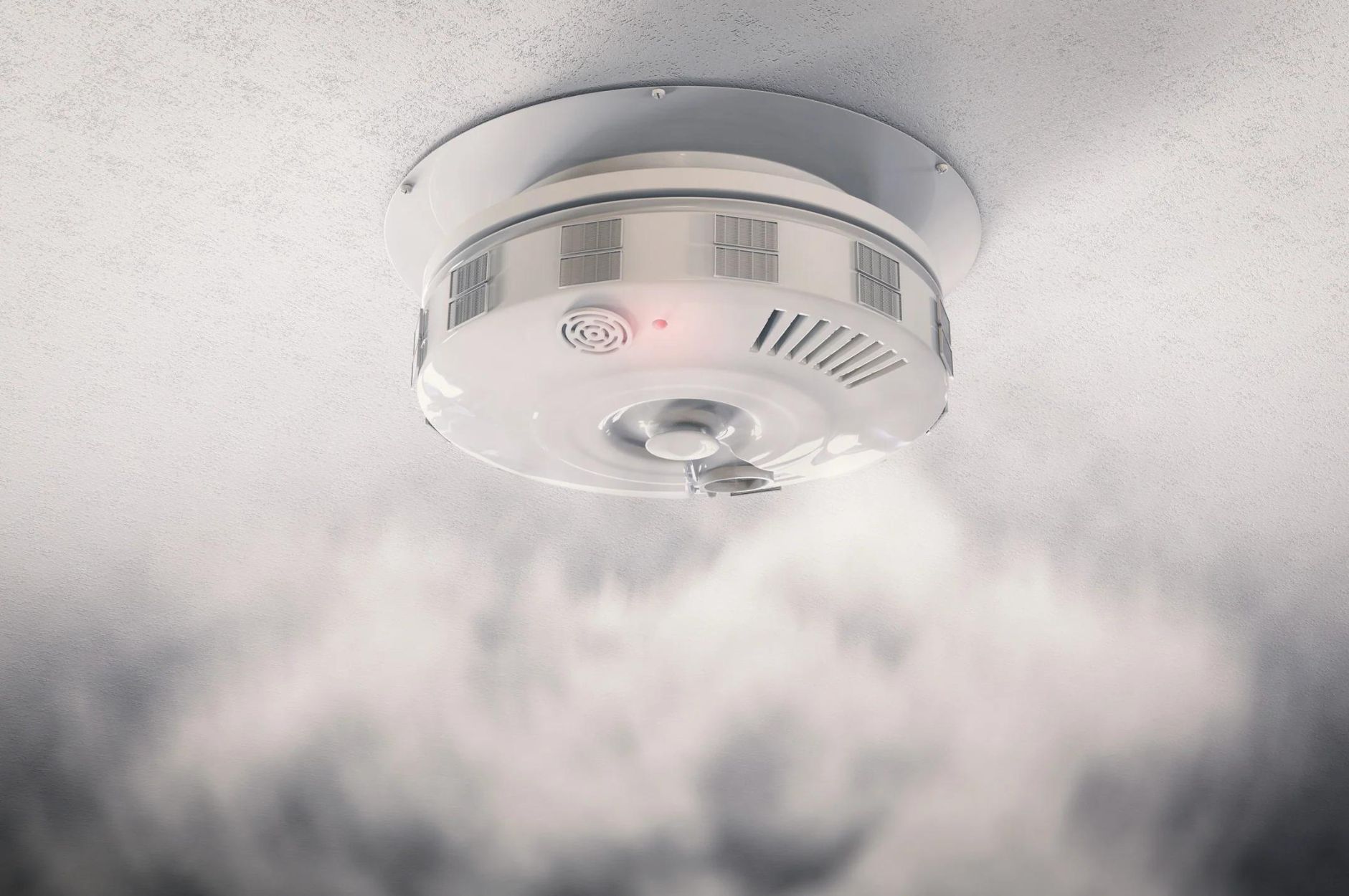

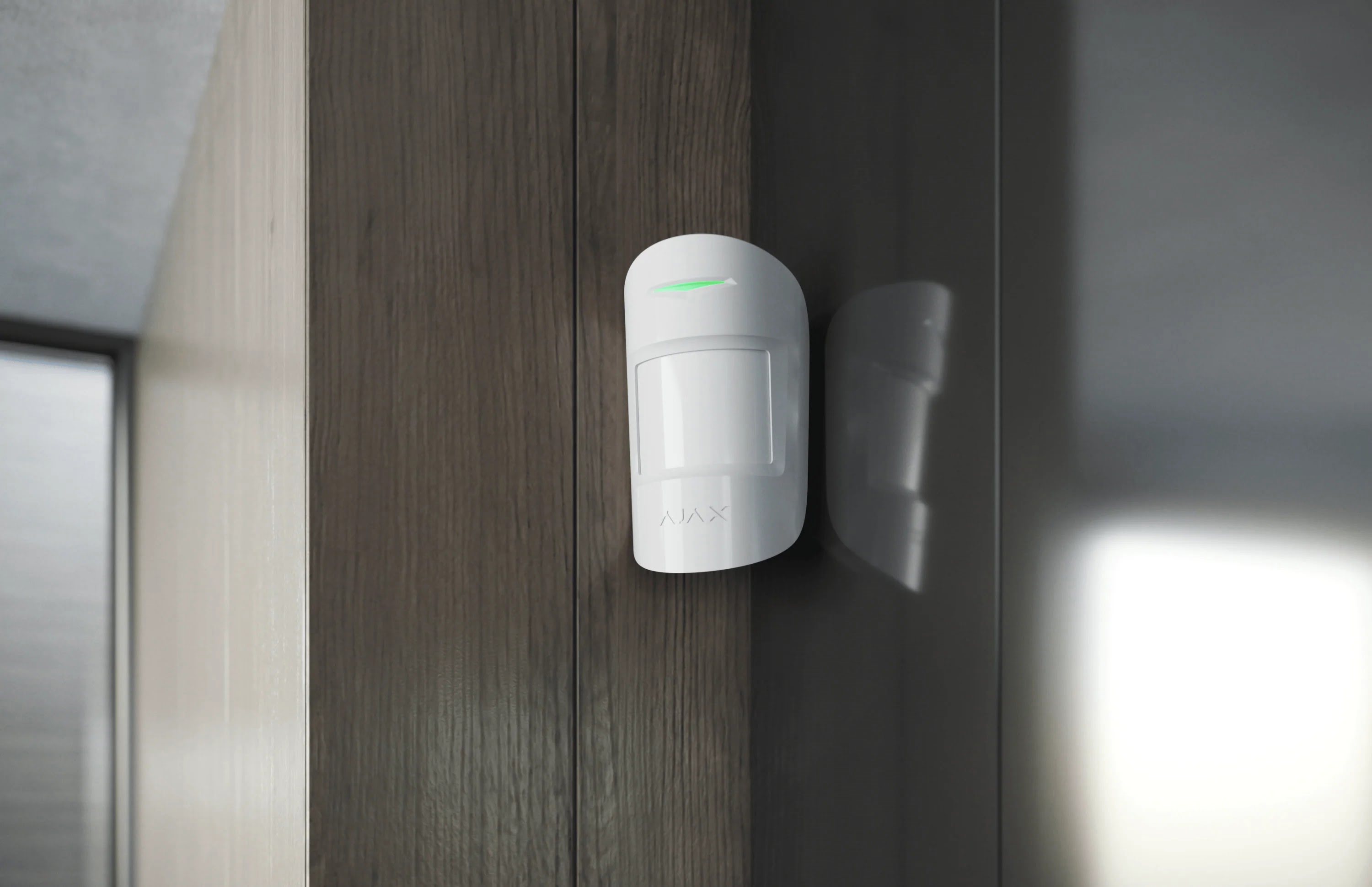

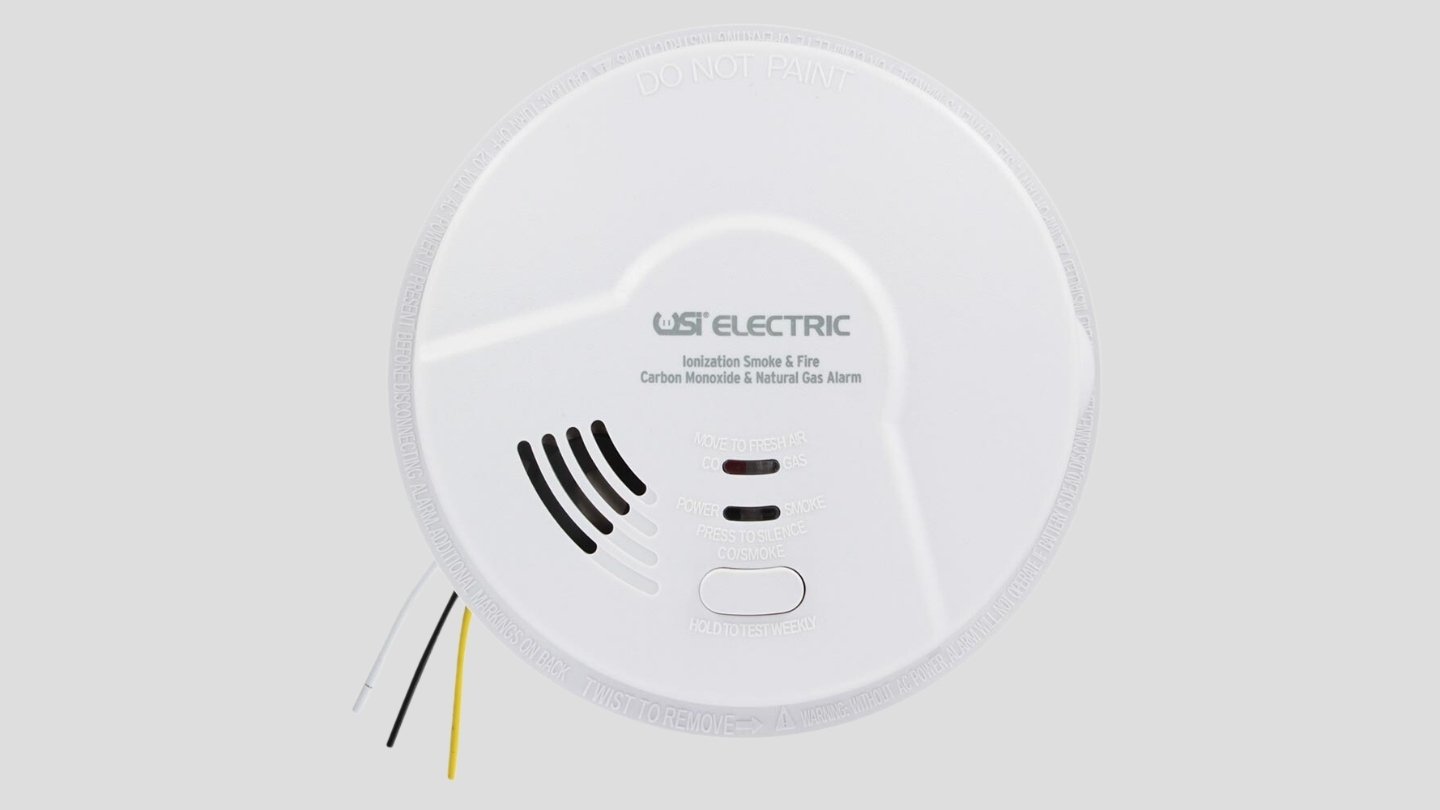
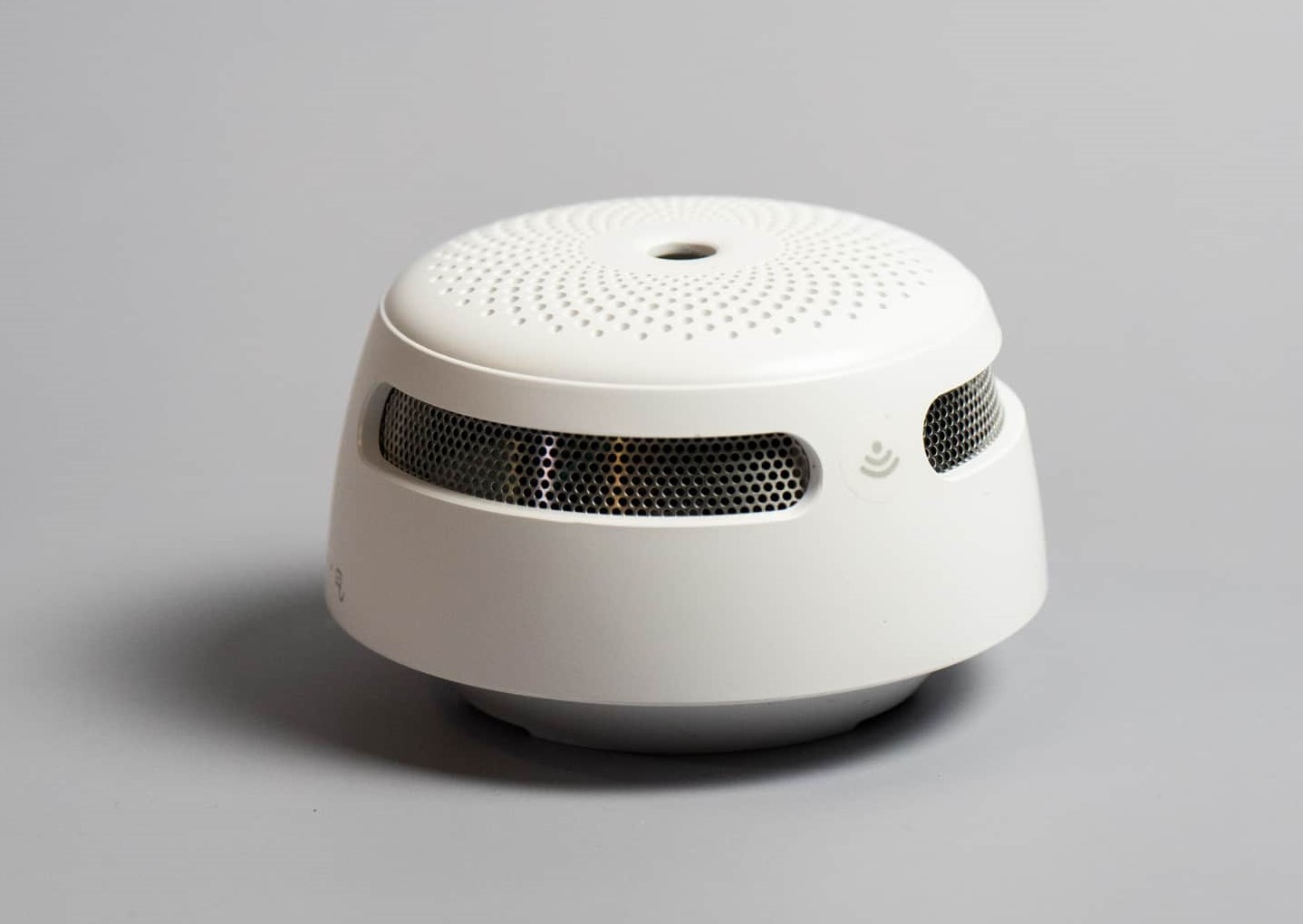
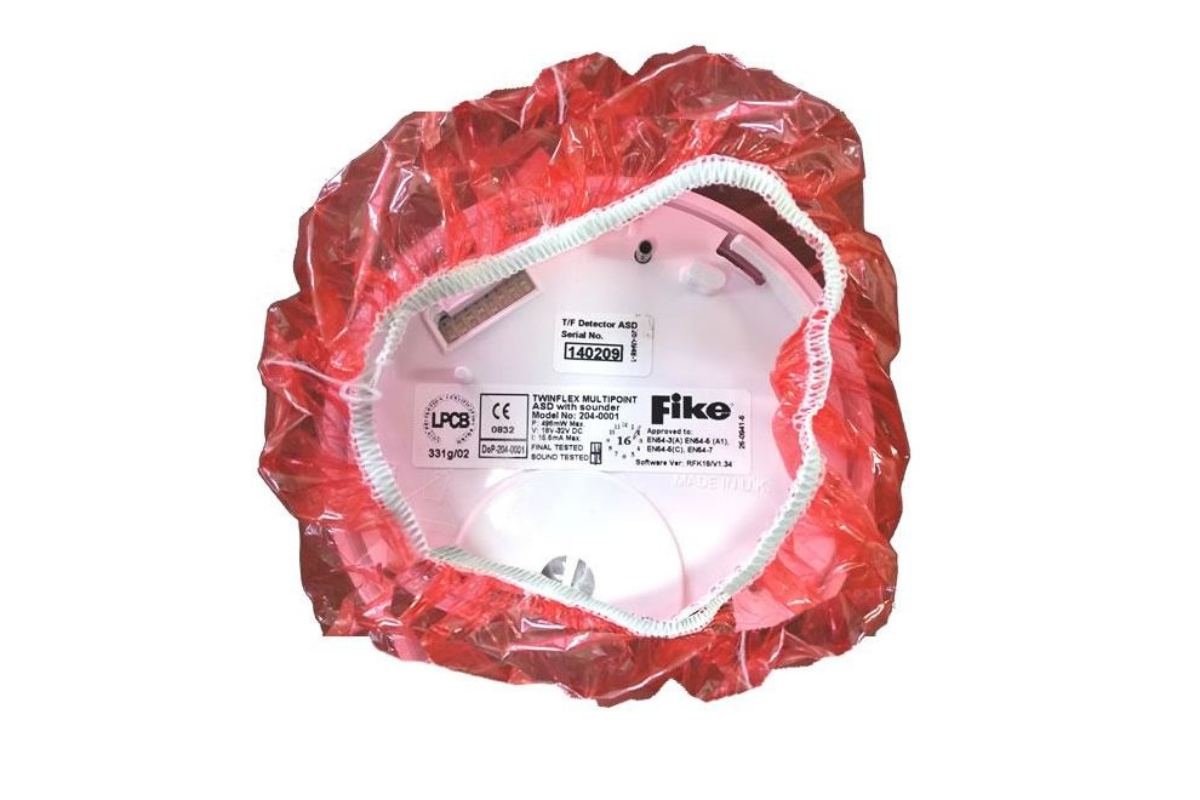
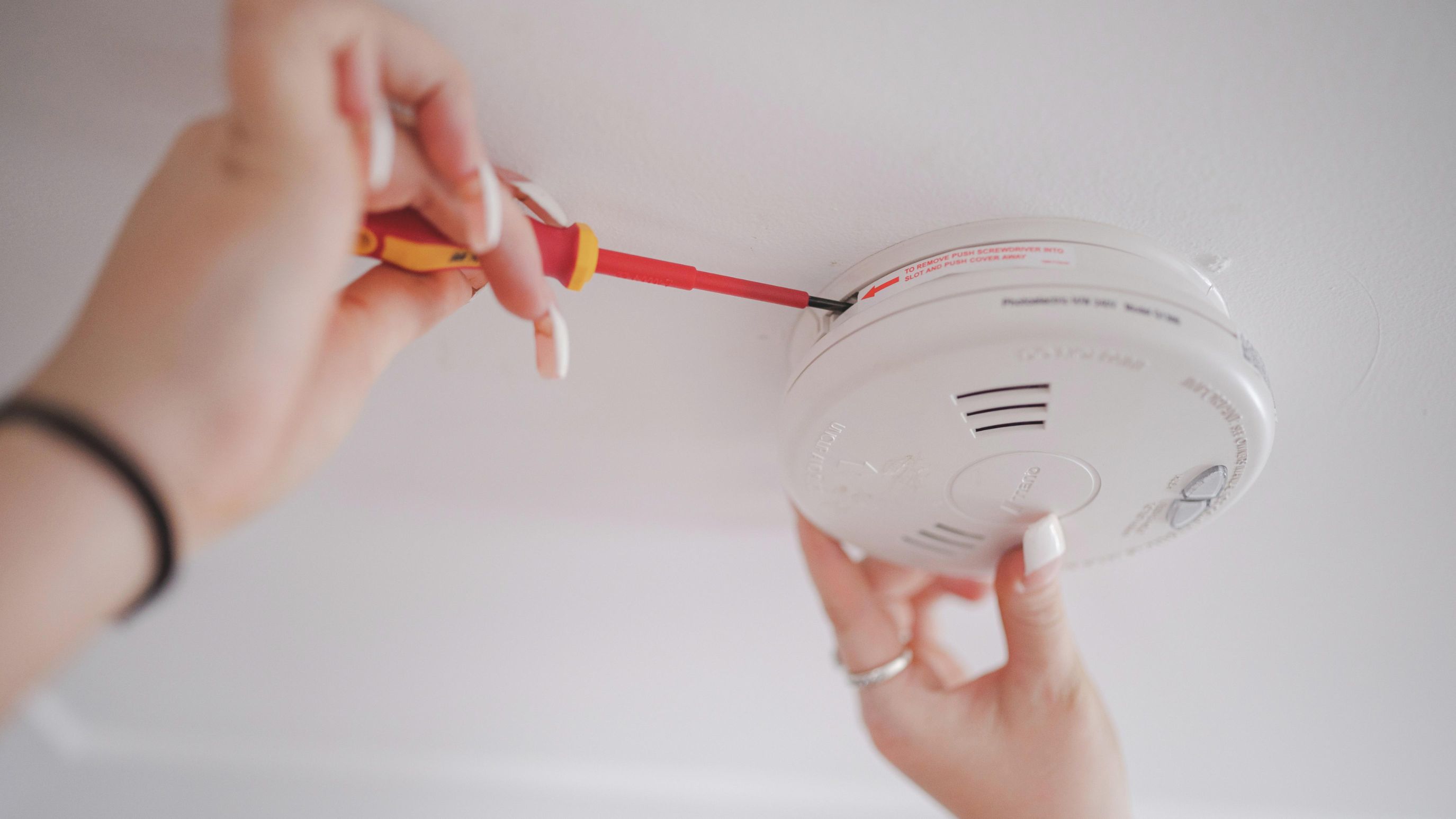
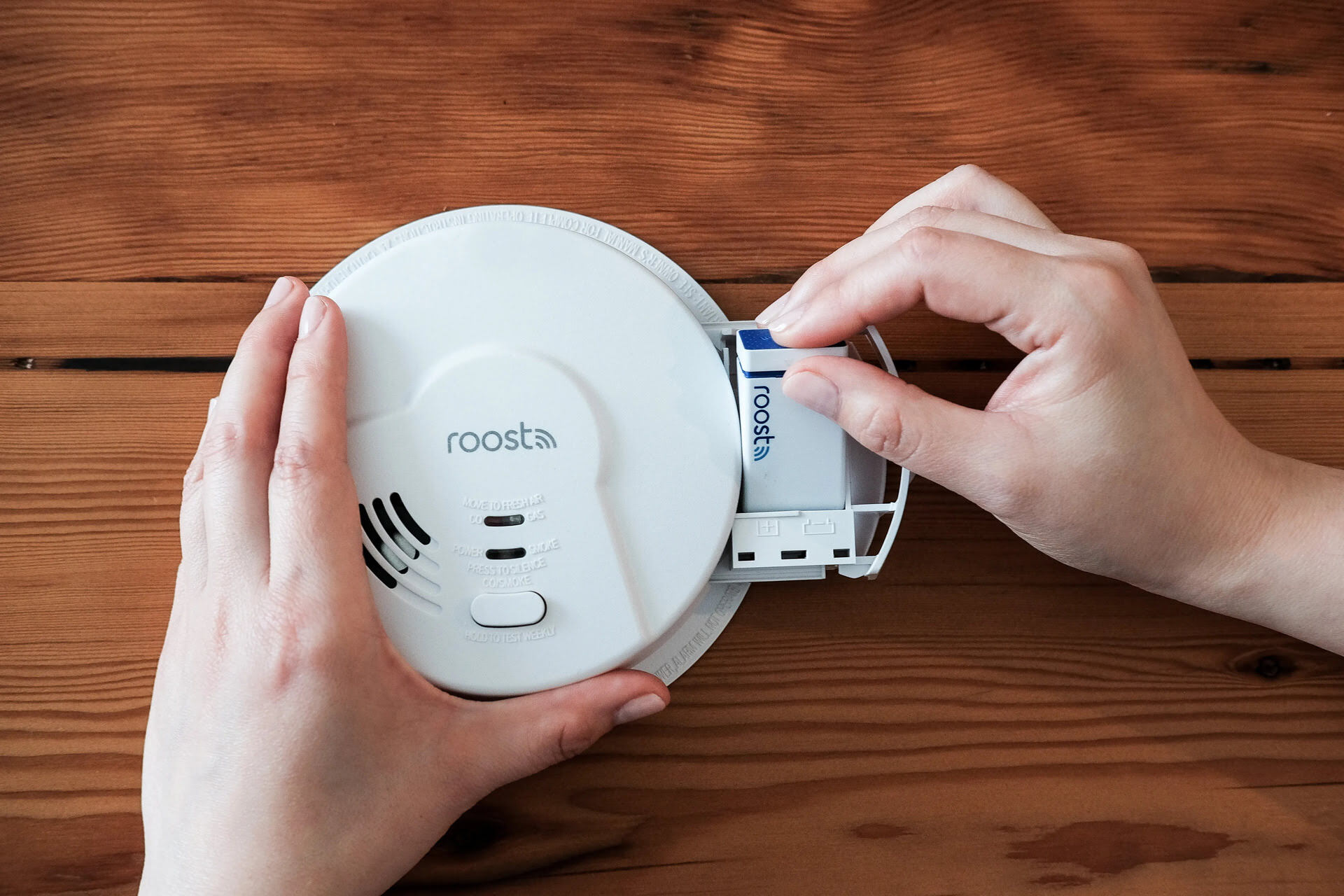


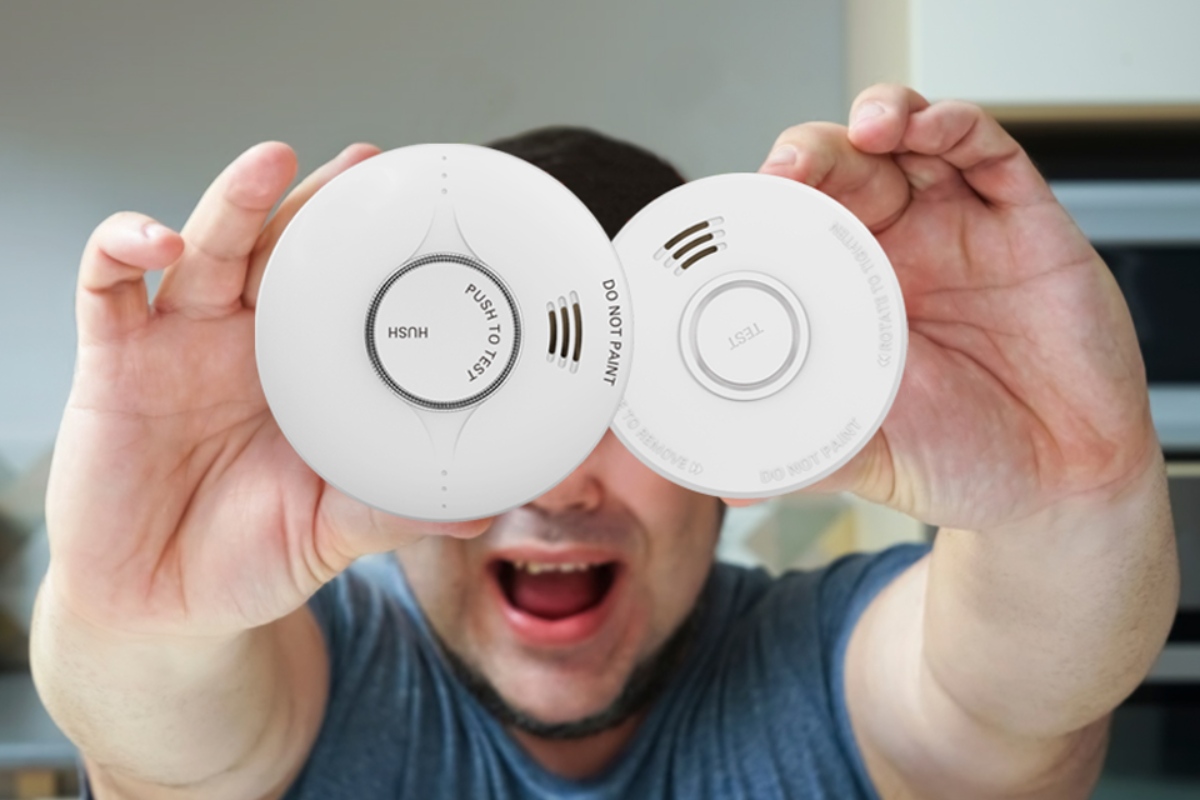

0 thoughts on “Which Type Of Smoke Detector Is Best?”